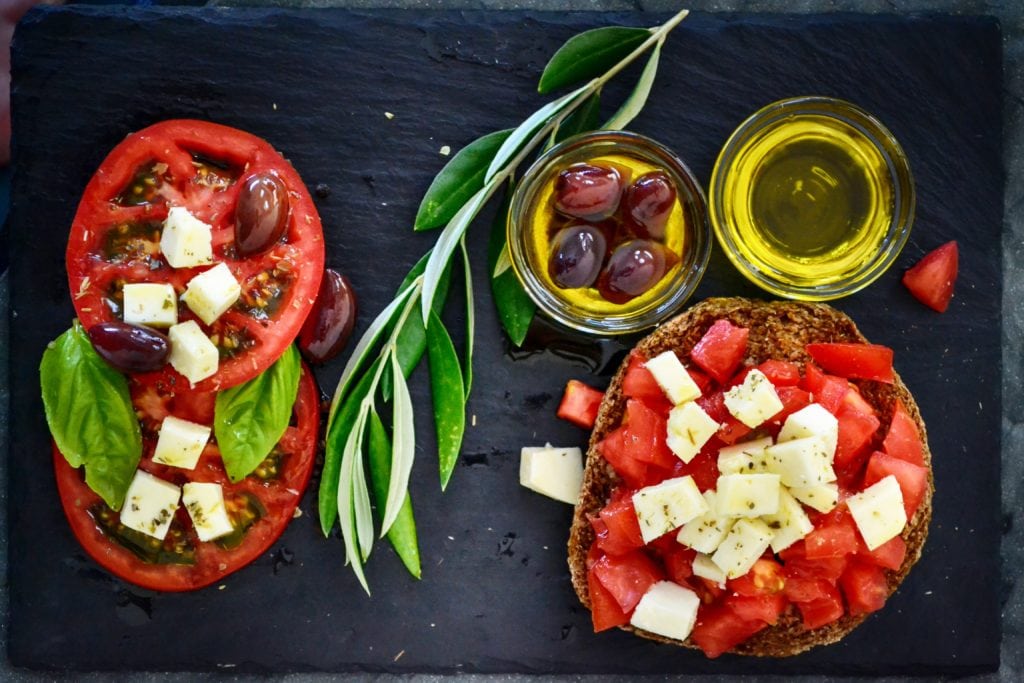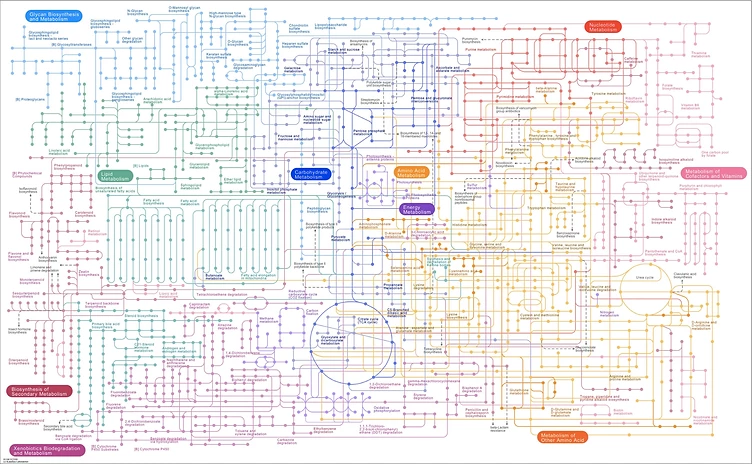Working with clients, I always get questions about which diets and patterns of eating are best for enhancing both male and female fertility
As a Greek-Australian dietitian, it is safe to say I am little bias in talking about the Mediterranean dietary pattern, BUT, in my defense the science has got my back on this one.
So, before we jump into the research, let’s touch base on what the Mediterranean diet is all about…
What is the Mediterranean dietary pattern?
It is not a “diet”, it is not designed to be restrictive or intended for rapid weight loss, so get your head away from that zone and think about this as a new way of eating that is flexible, adaptable and can work in your life.
It is based on what is traditionally eaten by the people who live in countries bordering the Mediterranean Sea including Greece, Italy, and Spain.
Want a shortcut? Snag my Mediterranean-inspired men’s and women’s fertility meal plans
Fertility Dietitian designed and without any crazy dietary restrictions, just yummy wholesome food!
With a shopping list and recipes for just $47 AUD
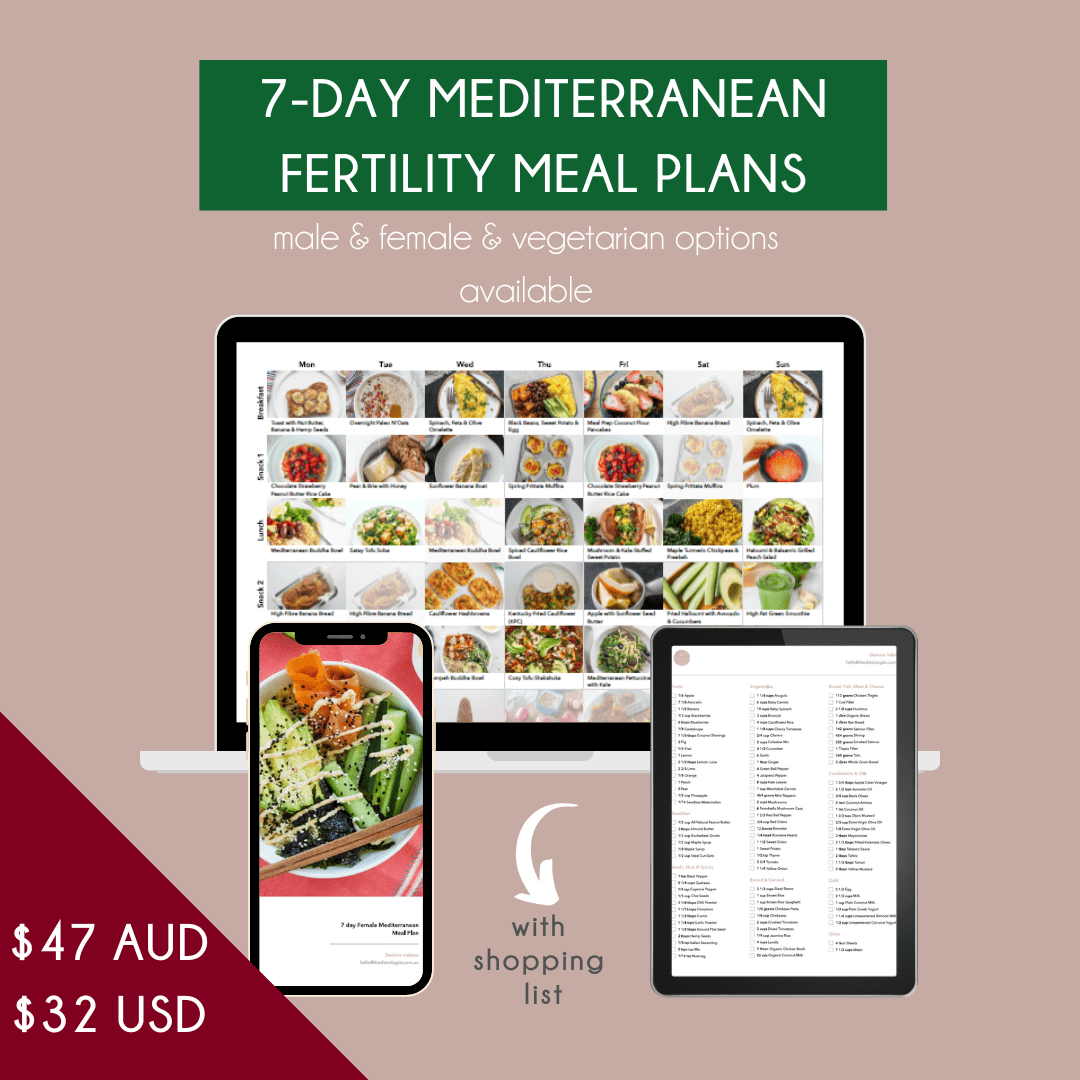
Get a 7-day fertility meal plan with Mediterranean-inspired recipes so you can get your fertility nourishment under way today! Grab your 7-day Mediterranean meal plan today (vegetarian options available).
The foundations actually have almost nothing to do with food, so if you aren’t ready to change what’s on your plate than maybe you want to start here:
Being active in daily life
Whether it’s doing the chores, cooking, walking to friends and family’s places to catch up and of course, dancing!
Now, I know it can feel like “this is not practical in modern-day society!” but before you turn a blind eye, think about the ways you can choose to be active in your day to day life, walk instead of jumping in the Uber, take the stairs at the train station or at work to change floors.
Prioritising social engagement
Especially, when it comes to mealtimes. Nobody likes to be alone in the food court or in the kitchen eating a meal, and naturally our security blanket is our phone, which really takes us out of the moment of enjoying food. Sharing a meal with people you love regularly is a key component of the Mediterranean dietary pattern.

Now, onto the food parts of the Mediterranean dietary pattern…
Eat these every day:
- Vegetables
- Wholegrain breads, cereals, pasta, rice and grains
- Fruit
- Nuts and seeds
- Extra virgin olive oil
- Legumes, beans and lentils
Eat these a few times per week:
- Fish and seafood
- Yoghurt and cheese
- Poultry like chicken, turkey, quail and other small birds.
Eat these less often:
- Red meat
- Sweets
What to drink?
- Plenty of water
- Small glass of red wine with food
- And let’s be real, coffee definitely makes an appearance too
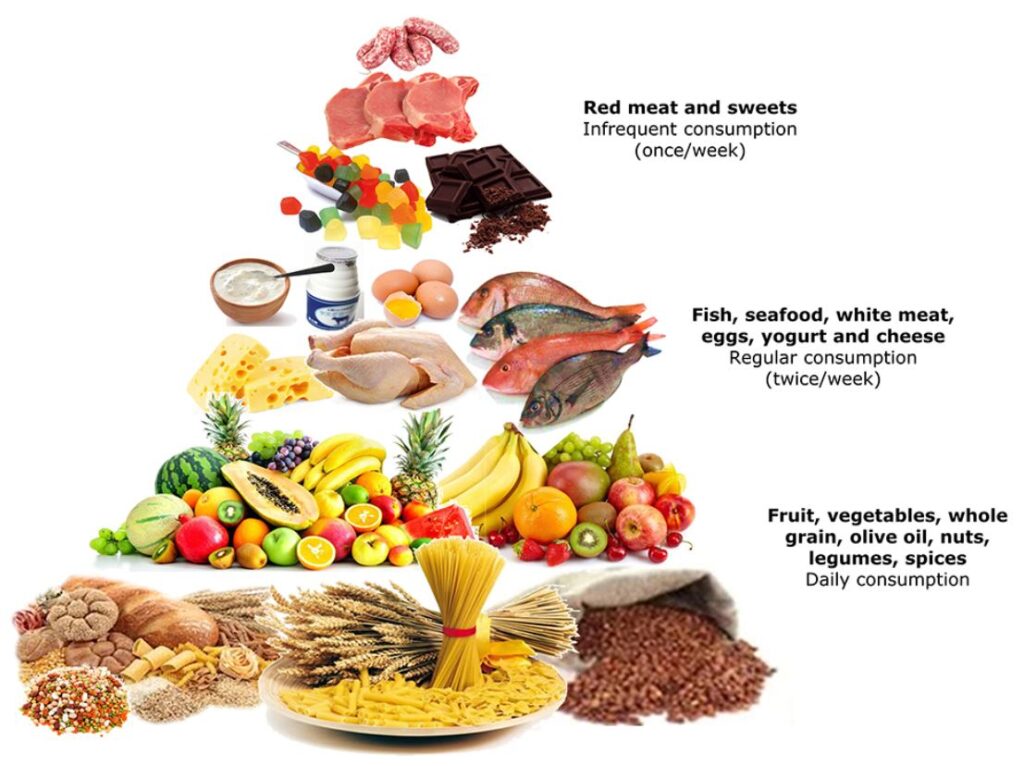
Figure 3 from Silvestris, Lovero & Palmirotta, 2019
Who can benefit from the Mediterranean dietary pattern?
If you are:
- Otherwise healthy and trying to conceive
- Have PCOS
- Have endometriosis
- Have male factor infertility
- Going through IVF
Don’t worry, you don’t have to be Mediterranean or even close to it to incorporate the foundational principles of the Mediterranean dietary pattern!
So, how does it help with fertility?
So, besides the usual eating enough, fruits and veggies, healthy fats and plant protein and fish which has all been shown to be great for both male and female fertility. The Mediterranean dietary pattern has been shown to help enhance the outcomes of IVF for both men and women.
A study of over 200 men attending a Greek fertility clinic, including men of all different body sizes, those who had higher scores which reflected better following the Mediterranean diet, had better sperm quality including shape, concentration and movement (Karayiannis et al., 2017).

Read more about how men can improve their lifestyle to boost their fertility
For the ladies, at the same clinic they studied nearly 250 women and showed that those who had better Mediterranean diet scores were more likely to achieve successful embryo transfers (i.e. implantation), achieve a pregnancy and also give birth to a baby! (Karayiannis et al., 2018)
Read about which foods can actually help with embryo implantation
Here are my top 3 tips to infuse a bit of the Mediterranean lifestyle into your day
- Love your legumes – some people just don’t know how to eat them or cook with them, and that is what is holding them back! Go easy, start with something like pulse-based pasta and roasted chickpeas or fava bean snacks or swap out half your mince in your dishes for lentils to bulk it out and save some dollars too!
- Enjoy Extra Virgin Olive Oil – not only rich in healthy monounsaturated fats, this oil is the golden key for a Mediterranean diet helping to absorb all those important fat-soluble vitamins (A, D, E & K) as well as antioxidants whilst also being a source of some of these nutrients themselves – namely vitamin E plus countless polyphenols and antioxidants – important for preserving the DNA that both your sperm and egg carries.
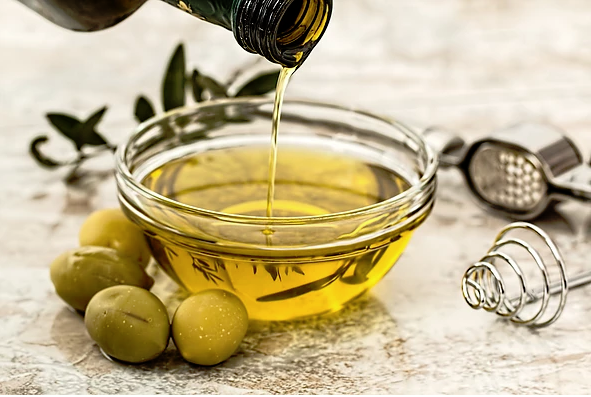
- Feast on Oily Fish – oily fish like salmon, mackerel, trout, sardines, anchovies and tuna at least 2-3 times per week as a key source of protein – fresh, frozen or tinned – it doesn’t matter! Omega-3s is great for egg quality and couples who ate seafood a couple times a week were more likely to conceive quicker than those who had seafood less than once a week.
Read more about the role of omega-3s in fertility and pre-conception health.
Want a shortcut? Snag my Mediterranean-inspired men’s and women’s fertility meal plans complete with a shopping list and recipes right here for just $47 AUD. It’s Certified Fertility Dietitian & Nutritionist designed and without any crazy dietary restrictions, just yummy wholesome food!
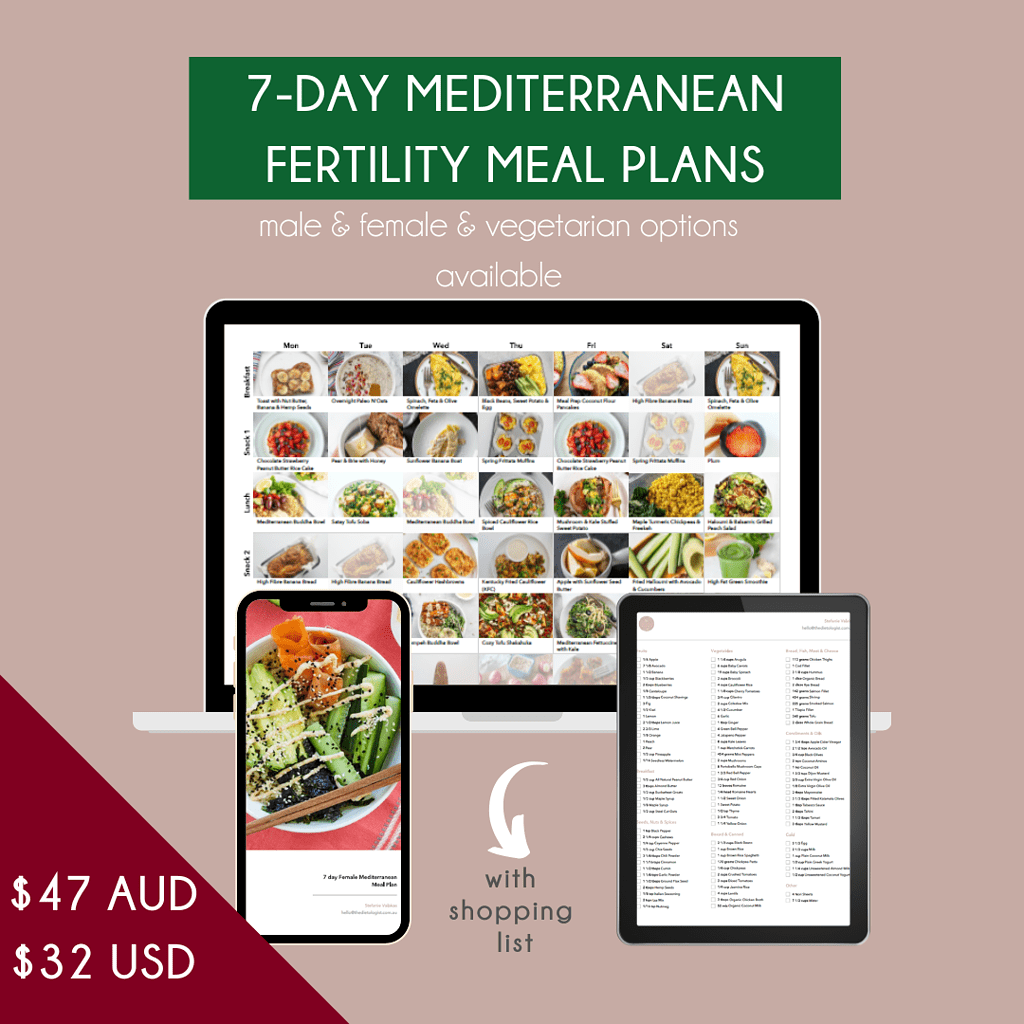
Get a 7-day fertility meal plan with Mediterranean-inspired recipes so you can get your fertility nourishment underway today! Grab your 7-day Mediterranean meal plan today (vegetarian options available).
Read more of my articles about the Mediterranean diet for fertility:

